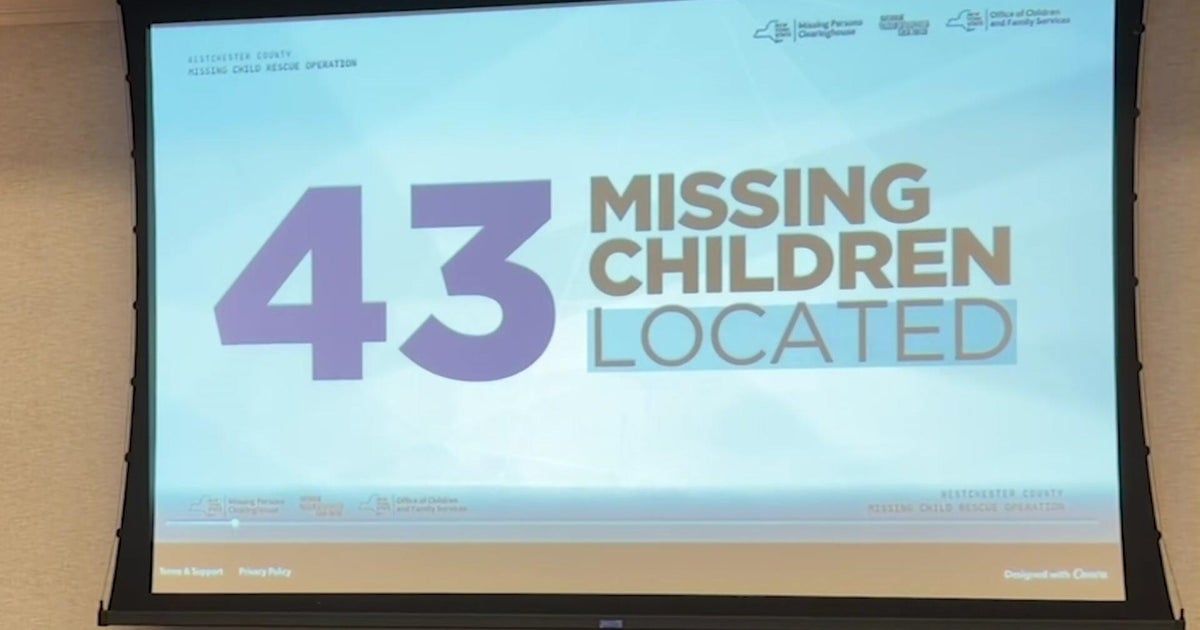Study Shows Adolescents, Young Adults At Increasing Risk For Prediabetes
NEW YORK (CBSNewYork) -- There's more worrisome news when it comes to the consequences of the epidemic of childhood obesity.
A new study finds that adolescents and young adults are at increasing risk for prediabetes, CBS2's Dr. Max Gomez reports.
Type 2 diabetes used to be called adult onset diabetes because it was so rare in kids and young adults, but as our national waistline has grown ever larger, so has the most serious consequence of obesity.
Sadly, you don't have to look very hard or very far to see the problem. It's in every pediatrician's office, every school yard or lunch line.
It's the end result of a combination of too many calories and not enough physical activity, but too much weight is just the start.
The next step is prediabetes, defined by several tests as an inability to keep blood sugar in a normal range.
Now, a new study in the journal JAMA Pediatrics finds a concerning level of prediabetes in adolescents and young adults.
The study numbers also point to the main culprit.
In young adults, 37% of obese young adults were prediabetic compared to 17% of young adults of average weight.
In adolescents, 26% of obese adolescents were prediabetic compared to 17% of adolescents of average weight.
The concern is what happens next.
"Prediabetes implies that if you don't do anything to correct that it will develop into full-blown diabetes," said Dr. Robert Rapaport, of Mount Sinai.
The director of pediatric endocrinology and diabetes at the Icahn School of Medicine says there are many more prediabetics than we thought.
Of those ages 12-18, 18% were prediabetic, and 24% of those ages 19-34 were prediabetic.
Nearly twice as many males as females in both age groups were prediabetic.
If even a fraction of those prediabetics become diabetic, Rapaport says they're at risk for heart disease, kidney disease, eye problems and more health concerns.
Rapaport also pointed out the irony in this study coming out around the holidays, when most of us overeat, increasing the risk for prediabetes.
He says the solution is not a drug but rather lifestyle modification, starting with weight control.







